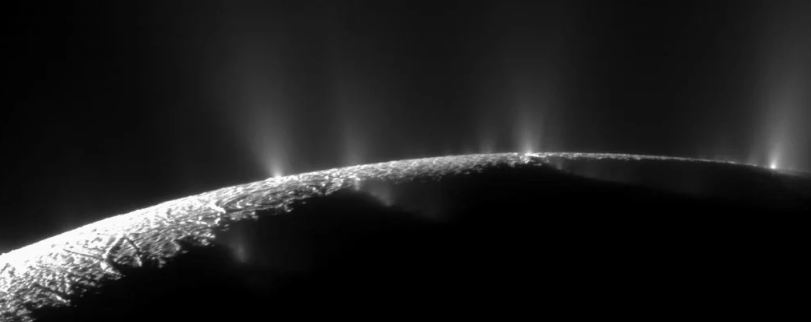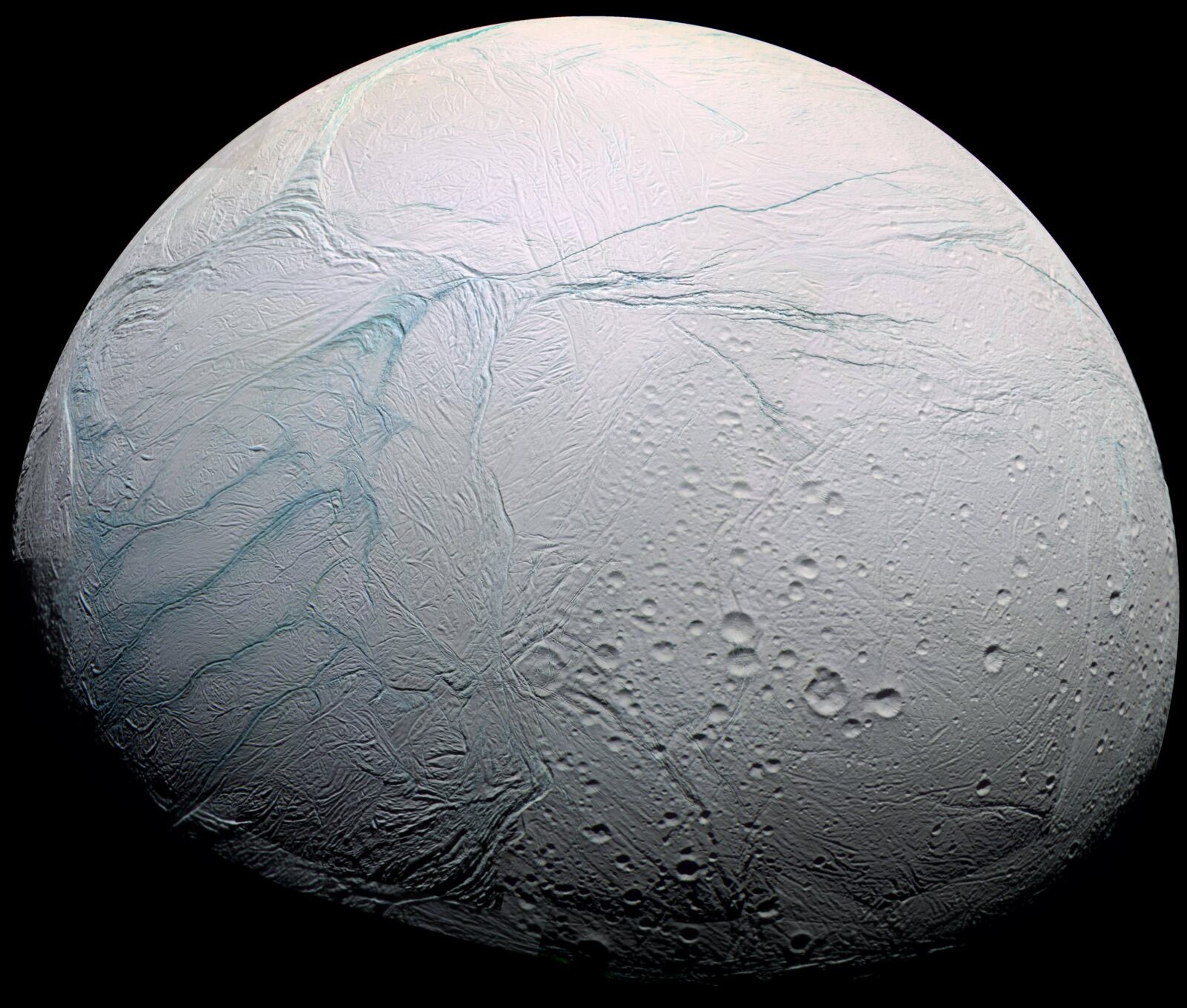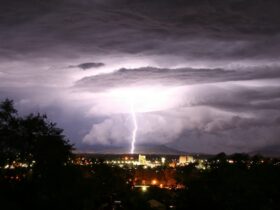Enceladus, meaning one of the moons of Saturn, has captured the attention of astronomers for plenty of time due to its traits. The Cassini space probe has revealed that Enceladus hides an entire global ocean of liquid salty water beneath its crust, which automatically raises the possibility for the presence of life. All life forms from Earth cannot exist without liquid water, and it shouldn’t be otherwise for hypothetical life forms on other planets.
But the discovery that makes the subject of this article is arguably even more interesting: according to ScienceAlert.com, the Cassini-Huygens probe unexpectedly found compounds associated with hydrothermal vents from the ocean floor we have on Earth. The methane present in the plumes appeared in unexpectedly high amounts.
What could possibly pump methane out of Enceladus?
According to the scientists involved in the new study, no known process can be pumping out the methane that was observed as released from Enceladus. This means that it could be a biological origin, and yes, you’ve guessed it: maybe even some forms of primitive alien life could be the culprit.

Regis Ferriere, a biologist of the University of Arizona, declared as cited by ScienceAlert:
We wanted to know: Could Earthlike microbes that ‘eat’ the dihydrogen and produce methane explain the surprisingly large amount of methane detected by Cassini?
Searching for such microbes, known as methanogens, at Enceladus’ seafloor would require extremely challenging deep-dive missions that are not in sight for several decades.
Scientists have long suspected that Mars is the only other candidate from our Solar System, besides Earth, that could be capable of supporting life. Mercury and Venus are too close to the Sun, meaning that they’re too hot and beyond the “Goldilocks Zone”. Saturn and Jupiter aren’t even solid, while Neptune and Uranus are literally freezing cold and also not in the “Goldilocks Zone”.
The new research has been published in Nature Astronomy.












Leave a Reply